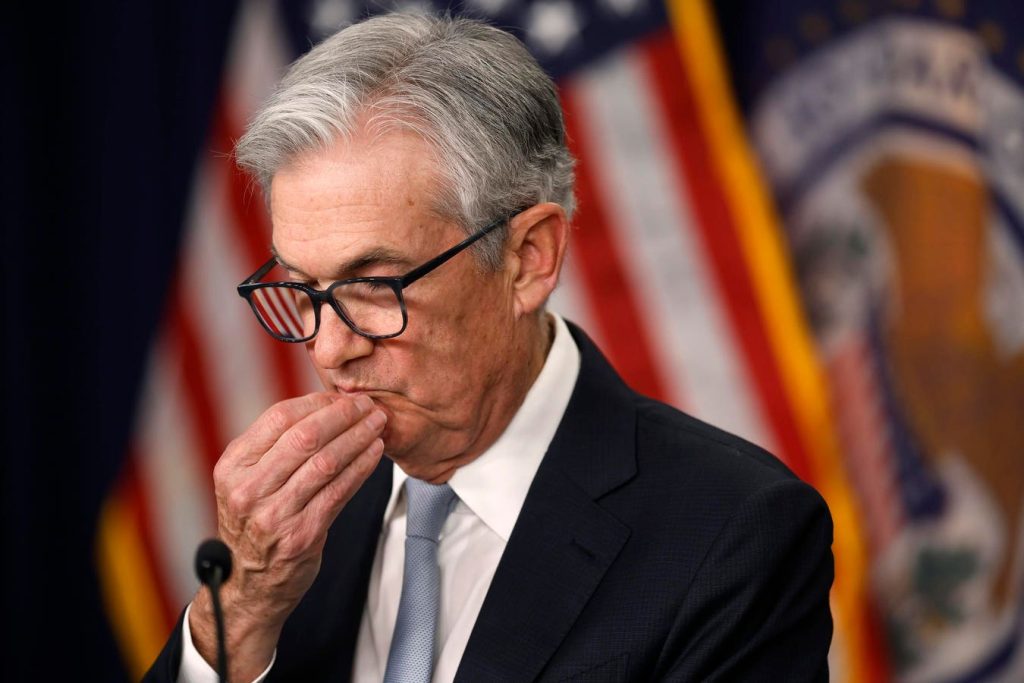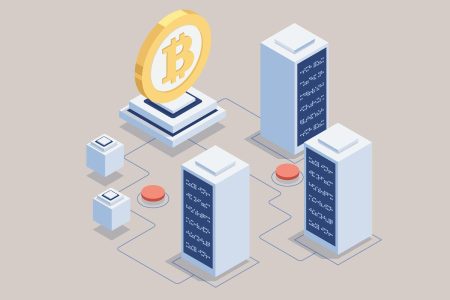The Federal Reserve’s plan to potentially cut interest rates has been delayed due to lack of improvement in inflation data for the first quarter of 2024. The Consumer Price Index data for January, February, and March has shown that achieving the FOMC’s 2% annual inflation goal will not be straightforward. While headline CPI has increased on an annual basis, disinflation persists when food and energy prices are excluded, albeit possibly at a slowing pace. The recent inflation data might not be sufficient for the FOMC to consider cutting interest rates in the short term.
Fixed income markets are not anticipating a rate cut at the upcoming FOMC meeting in May, with only a 1 in 4 chance of a cut in June. The likelihood of the first rate cut occurring in July or later has increased, with a low probability that the Fed may not cut rates at all in 2024. This delay in rate cuts could result in peak interest rates lasting for more than 12 months, which is unusual in historical context but indicative of the unique economic conditions of the current cycle.
Although Fed officials had forecasted two or three interest rate cuts for 2024 in March, the recent inflation data has made that projection somewhat outdated. The FOMC has indicated that they believe peak interest rates are currently in place, with the next update on economic projections scheduled for June 12. Jobs data also plays a crucial role in the FOMC’s decision-making process, as a weaker job market could potentially prompt rate cuts in order to balance inflation control and employment sustainability.
While concerns about extreme inflation have subsided, underlying inflation still remains above the Fed’s target of 2%. The relatively strong job market provides the Fed with the luxury of waiting and monitoring inflation data to assess if there is sustained improvement. The expectation for 2024 is that any interest rate cuts will be delayed due to the lack of evidence of further disinflation, potentially resulting in fewer cuts overall and a later start than initially anticipated. The FOMC remains committed to its goal of achieving a balance between controlling inflation and supporting employment in the current economic environment.















